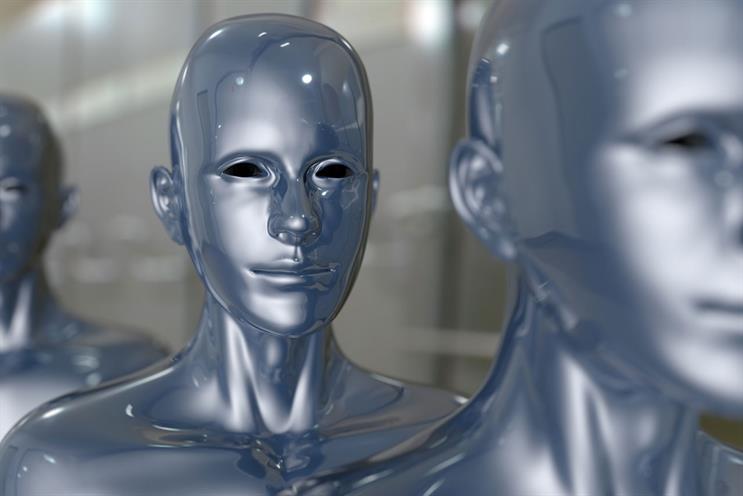While many vendors and technophiles extol the virtues of an AI driven society, there is a significant counter conversation warning against the unintended consequences of sleepwalking into a dystopian future. A future where brands, and more broadly, society, are at risk of losing sight of the very things that make us human.
So, how do brands retain their humanity in an increasingly robotic world?
Kate Crawford, a principle researcher at Microsoft, recently warned of machine learning systems being described as free from bias. She compared attempts by firms to use facial recognition to predict criminality and personality as a 21st century rebirth of phrenology, the pseudoscience used to justify slavery.
She also highlighted how predictive policing in Chicago had done little to reduce crime, but plenty to agitate harassment of citizens. To combat these unintended societal consequences of AI, she has formed an action group called AI Now.
Autonomous cars have the ability to reshape our society in a variety of ways. A switch from internal combustion to electric will make us greener. The ability of cars to park themselves out of the way between our commutes will return prime real estate in city centres as carparks are phased out.
Road accidents will be significantly reduced but crucially not eliminated in their entirety. If a crash is inevitable does the car prioritise protecting the pedestrian or the occupant? Is that a setting you can switch between on your dashboard, and does it affect your insurance policy?
Getting the car to drive itself might just be the easy bit, the devil is in the ethics.
If a crash is inevitable does the car prioritise protecting the pedestrian or the occupant? Is that a setting you can switch between on your dashboard, and does it affect your insurance policy?
Ethics are also a bone of contention when using AI to curate our newsfeeds online. Recent election cycles have raised the awareness that we are in danger of only being exposed to things we agree with online.
Furthermore, profiling of individuals is back in a big way, such as determining political affiliation from your social media footprint, which could then be analysed at US border controls, for example.
The tools used for profiling and segmenting audiences online are straight out of a totalitarian regime handbook. To make matters worse, the black box nature of many of the most popular targeting algorithms today make it impossible for independent verification. It takes an honest human to spot a biased robot.
Nothing piques the interest of the industry as much as a new platform. One current obsession is the chatbot. Observers are racing to write the rules of conversational user interfaces often resulting in conflicting advice.
Should bots have a personality? Yes and no. Some advocate giving your chatbot personality and see this as the key to engagement – robots should be on brand. Others like Capital One, whose Alexa skill is already over a year old, say customers want their questions answered first and foremost. They suggest the key to their success is to avoid situations that could be described as bad first dates – no awkward silences and no forced conversation.
Today, the majority of current chatbots do not possess AI and instead work more like telephone IVR (interactive voice response) or FAQ style answer retrieval. The acid test for chatbots is whether they provide more utility than the mobile apps and online search functions that they replace, otherwise, adoption will always be low.
It takes an honest human to spot a biased robot.
While many applications of AI today may feel like talking to a toddler, or the return of Clippy the Microsoft Office assistant, these experiences will improve over time. Brands and consumers are learning to use these new technologies at the same time, and both brand competence and consumer confidence are likely to rise over the coming months, creating a fertile opportunity for those brands that got their learnings in early.
At the moment many of the business cases for AI are on removing cost, which generally means people. While Apple claims the app store has added 1.9 million jobs to the economy, the future of AI job creation is unclear. Whether we are due another Luddite Rebellion is up for debate, as is Bill Gates’ proposed robot income tax.
Chatbots might be a fad, but virtual assistants are here to stay. The challenge for brands is how to retain their own distinctive character as products and services become increasingly automated and robotic, particularly given the limited scope of early prototypes.
Technology is changing rapidly, human psychology not so much. Once companies have transformed and achieved parity in technology and customer experience it will be the emotion of brands that differentiates them.
Simon James is global lead, data analytics at SapientRazorfish.


